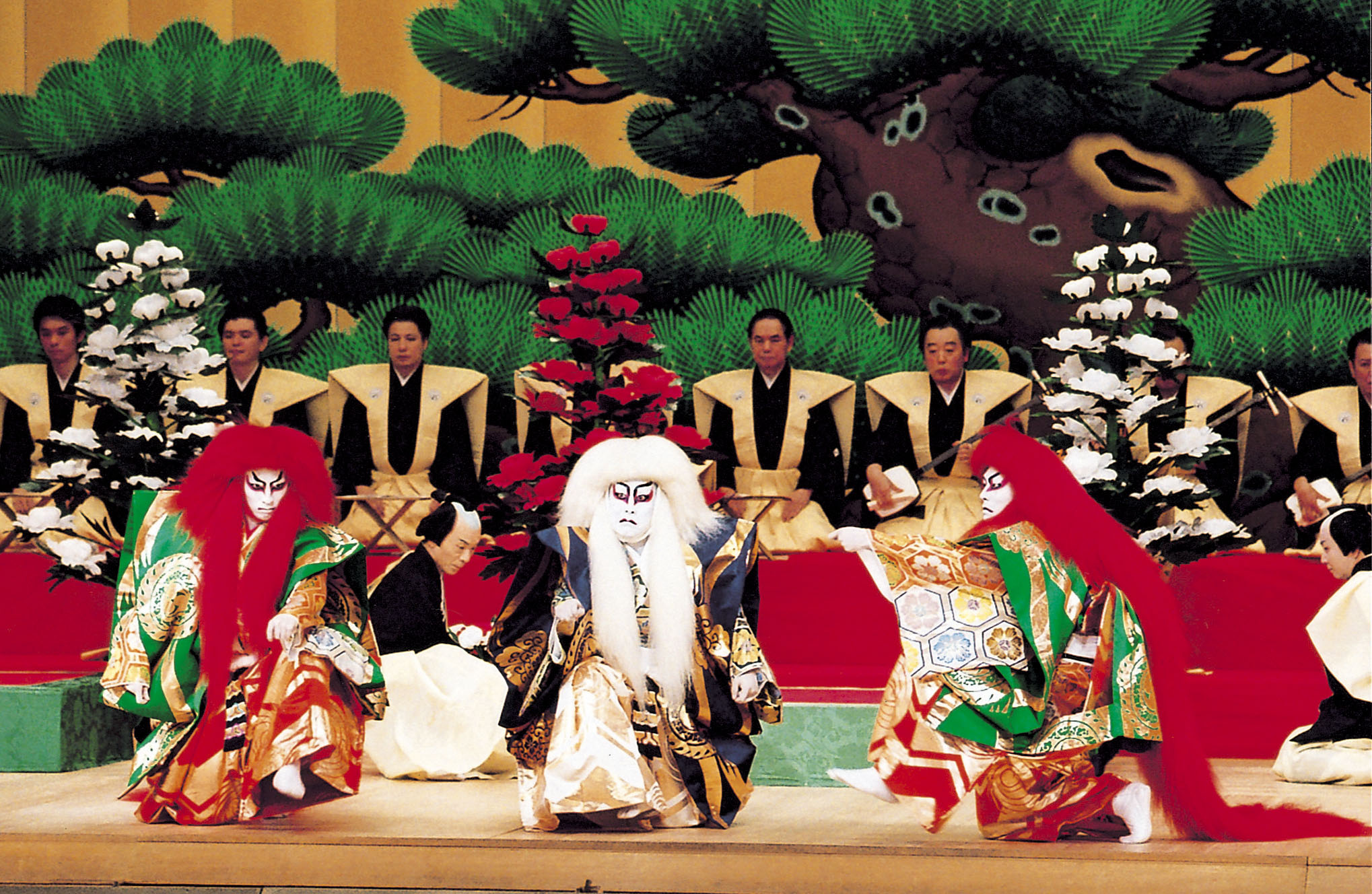The three syllables that make up the word “kabuki” (歌舞伎), mean “music”, “dance”, and “acting”, respectively. The whole word itself comes from an archaic verb kabuki, which means “to incline”, and references the actors' flamboyant clothes and actions. Since the kabuki’s founding, spectators were well aware that this new type of theater would be a strong deviation from noh traditions.
Read MoreNoh, with its emphasis on the Japanese aesthetics of profundity and sublimity, continues to intrigue both the Japanese and foreign audience alike. Coming from the character 能, which means "talent" or "skill", this art form is the oldest among Japan's traditional schools of theater.
Read More


